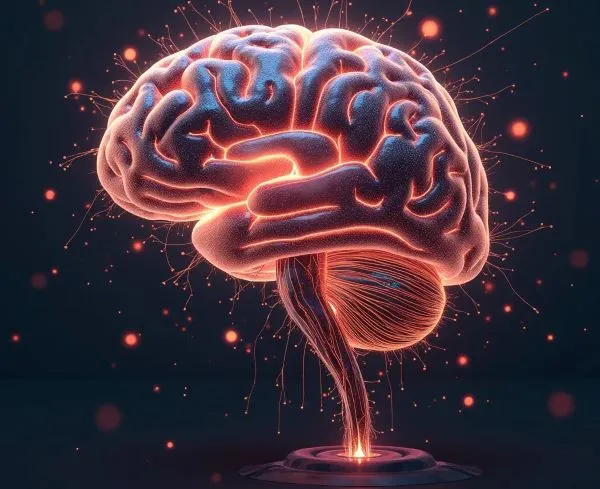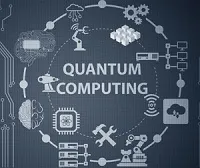
Neuralink, a neurotechnology company founded by Elon Musk, is working on developing implantable brain–machine interfaces (BMIs) that could potentially revolutionize the way humans interact with computers. The technology aims to enhance human cognition, treat medical conditions, and ultimately achieve a symbiosis between humans and artificial intelligence (AI). In this article, we'll delve into the merits and demerits of Neuralink, exploring its potential benefits and drawbacks.
Merits of Neuralink:
- Enhanced Cognitive Abilities: Neuralink's BMIs could enable humans to learn and process information at an unprecedented rate, making us smarter and more efficient.
- Treatment of Medical Conditions: The technology could help treat a range of medical conditions, including paralysis, depression, and anxiety, by directly interacting with the brain.
- Seamless Human-Computer Interaction: Neuralink's BMIs could enable people to control devices with their minds, eliminating the need for screens and keyboards.
- Potential for Human-AI Symbiosis: The technology could pave the way for a harmonious relationship between humans and AI, enabling us to leverage the strengths of both.
Demerits of Neuralink:
- Privacy Concerns: The implantation of BMIs raises significant privacy concerns, as it could potentially allow for the monitoring and control of individuals' thoughts and actions.
- Risk of Addiction: The ability to access vast amounts of information and interact with devices seamlessly could lead to addiction and decreased productivity.
- Unequal Access: The high cost of Neuralink's technology could create a divide between those who have access to it and those who do not, exacerbating existing social and economic inequalities.
- Potential for Misuse: The technology could be used to manipulate or control individuals, posing a significant risk to humanity.
Neuralink's BMIs have the potential to revolutionize the way humans interact with computers, but it's essential to carefully consider the merits and demerits of this technology. As we move forward, it's crucial to prioritize ethical considerations, ensure equal access, and mitigate the risks associated with Neuralink's BMIs. By doing so, we can harness the power of this technology to create a brighter, more sustainable future for humanity.







